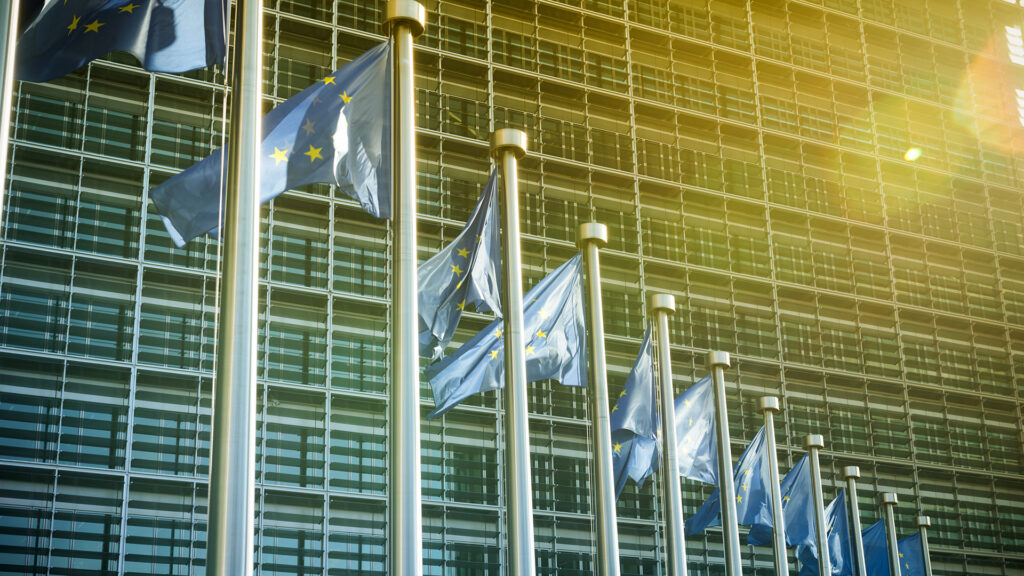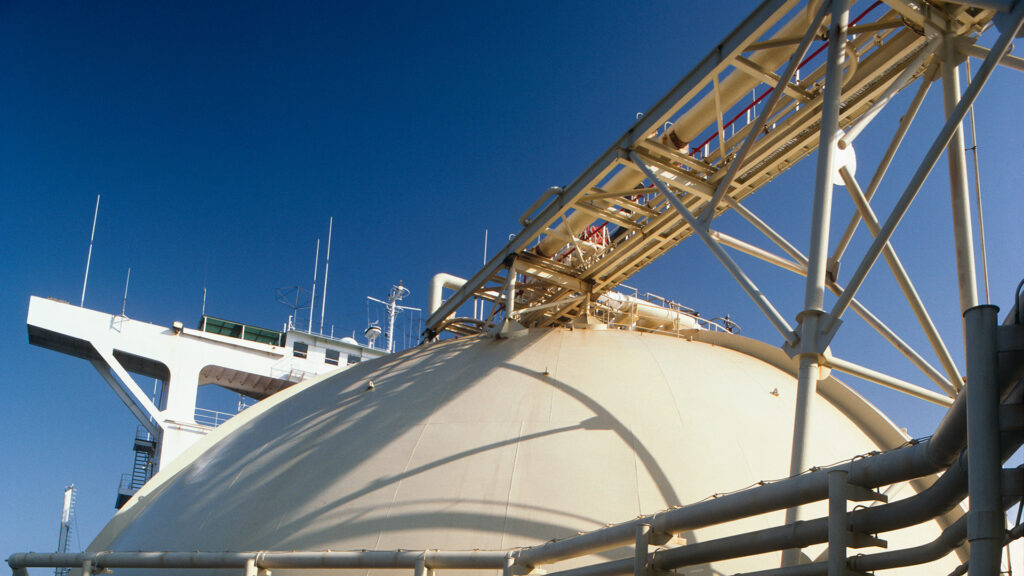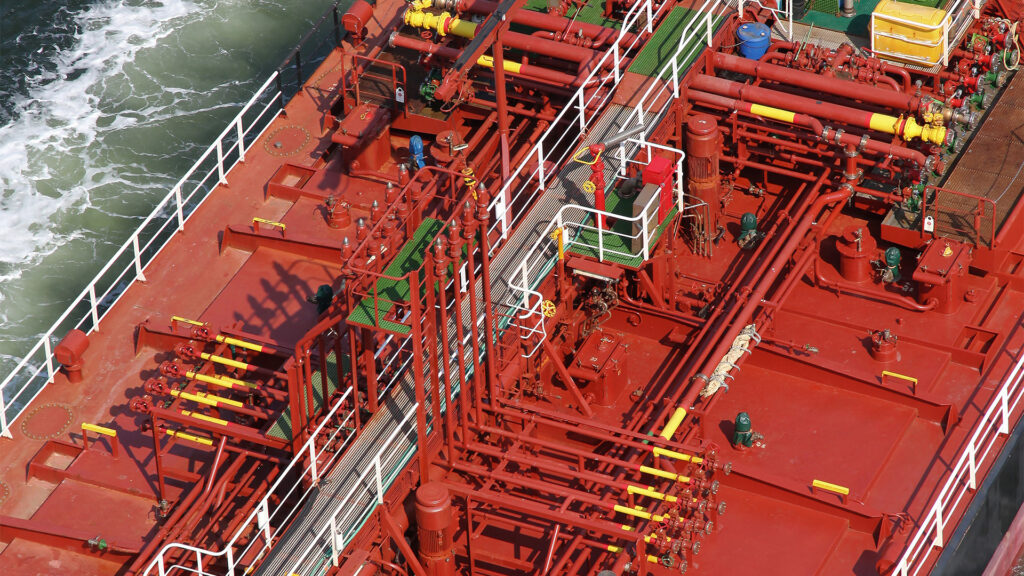
The European Commission strikes back: the ‘anti-Brosmann’ amendment to the anti-dumping Regulation
On 14 December 2012, the EU published an amendment to Council Regulation (EC) No. 1225/2009 of 30 November 2009 (the basic Regulation) (All references to “Articles” are to Articles within the basic Regulation), which governs EU anti-dumping investigations, in response to recent case law in the European Court of Justice (ECJ) that was perceived to make investigations administratively burdensome for the European Commission (the Commission).
The amendment limits requirements on the data the Commission must consider during anti-dumping investigations and restricts options available to exporters in Non-Market Economies (NME) under investigation to apply for Market Economy Treatment (MET) and consequently, in practice, lower anti-dumping duties.
Summary
- The amendment, in force since 15 December 2012, is a response to the Judgment of the European Court of Justice in Case C-249/10 P Brosmann Footwear (HK) and others v Council (Brosmann) by the Commission to clarify that their obligation to consider individual requests for MET is limited.
- The time the Commission has to consider whether to grant MET status to an exporting producer has been significantly extended from three months to eight months.
- MET claims are now effectively restricted to the sampled companies. Companies outside of the sample are subject to a weighted average dumping margin of the sampled companies unless they receive “individual examination”. However, such applications for individual examination are quite burdensome and, in practice, frequently rejected by the Commission.
- The amendment to the basic Regulation is potentially ultra vires – it is partially retrospective as it applies to pending anti-dumping investigations.
Anti-dumping investigations and MET
The Commission conducts anti-dumping investigations to determine if imports are being “dumped” in the EU. During such investigations a dumping margin is calculated to measure the difference between the exported goods’ domestic price (or cost of production plus selling, general and administrative expenses, plus a reasonable profit) and the export price to the EU. The dumping margin informs the final anti-dumping duties imposed.
For some countries, the individual domestic sales and costs data of the exporting producers are not used because it may reside in a country considered a NME, for example, the People’s Republic of China, Vietnam, Kazakhstan and many others (Albania, Armenia, Azerbaijan, Belarus, Georgia, North Korea, Kyrgyzstan, Mongolia, Tajikistan, Turkmenistan, and Uzbekistan). Instead of using data provided by these companies, sales and cost data from substitute producers in a reference country (and sometimes the EU) are used.
However, individual companies are given the option to show that they operate under market conditions by claiming MET from the Commission, (Such an option of claiming MET is only open to Kazakhstan and NMEs that are WTO members (including China and Vietnam)) provided they meet certain conditions. Conferral of MET on a producer is a significant commercial status. It allows a producer to obtain an individual dumping margin, assessed on the basis of its own business figures, rather than on the basis of replacement values from substitute producers in a reference country.
The amendment by the EU to the basic Regulation in effect restricts the possibility to claim such MET.
The “Brosmann” case
On 2 February 2012, in Brosmann, the ECJ handed down a judgment which had far-reaching effects for anti-dumping investigations carried out by the Commission.
The legal impact of the ruling was that it required the Commission to examine all applications for MET filed by co-operating exporting producers, whether in a sample or not, irrespective of the volume of applications. Moreover, the ECJ held that companies outside the sample that do qualify for MET have to be given a weighted average dumping margin of the companies within the sample that qualify for MET.
The Commission considered that the obligation to examine each and every MET claim exposed them to an excessively large volume of applications, thereby preventing timely completion of anti-dumping investigations involving NMEs. In response, the Commission enacted an amendment to the law governing the procedure.
The “anti-Brosmann” amendment
The amendment has the following effects:
- The time period to consider whether to grant MET status to an exporting producer is significantly extended.
Previously, the Commission had three months from the notice of initiation to decide whether any claims for MET status would be granted. In practice, the EU struggled to cope with meeting this deadline, frequently releasing late decisions, in some cases up to nine months after initiation. The amendment to Article 2(7)(c) extended the time stating that investigations “shall normally be made within seven months of, but in any event not later than eight months after, the initiation of investigation”. Not only has the maximum period been extended from three to eight months, but it seems unlikely for a claim to be analysed in under seven months.
- The option to claim for MET is effectively limited to the sampled companies; any MET claim by companies outside the sample must now be accompanied with a full questionnaire response since it is premised on an individual examination.
Prior to Brosmann, the practice of the Commission was to limit claims for MET under Article 2(7)(b) to sampled companies by relying on Article 17. MET claims by non-sampled companies were simply not examined (unless they obtained an individual examination) and these companies were attributed the weighted average dumping margin of the sampled companies. However, Brosmann held that considering a claim for MET and selecting a sample were quite separate and that, therefore, all MET claims, including those by non-sampled companies, need to be examined.
The Commission decided they needed to limit MET claims made. The addition of sub-paragraph (d) to Article 2(7) restricts the option of making a MET claim, if sampling is deemed appropriate, to either: 1) those within the sample, selected by the Commission, or 2) to any outside the sample, but only if they also receive individual examination, which is a right non-sampled companies may apply for to receive an individual dumping margin under Article 17(3).
It is still possible to apply for and receive “individual examination” to allow application for MET. However, the application for individual examination is time consuming and the Commission maintains the discretionary power to reject requests “where the number of exporters or producers is so large that individual examinations would be unduly burdensome and would prevent completion of the investigation in good time” which has become common practice.
Companies outside the sample will get the weighted average margin of dumping for the sample, regardless of whether any of the sampled companies received MET or not.
Prior to Brosmann, in cases subject to sampling, how to calculate the weighted average rate for companies outside the sample was an important point for all parties involved. The question it raised was, what is the correct way to weight-average the rate once the sample contains companies who have and have not received MET?
The EU solution to save time is as simple as it is blunt: the Commission will make a weighted average from MET and non-MET companies alike! The amendment to Article 9(6) means the Commission will not have to think about the possible MET-status of non-sampled companies whenever it calculates such a weighted average rate for co-operating companies outside the sample.
- The amendment to the basic Regulation entered into force and applies to all new and pending investigations from 15 December 2012.
As a result, the amendment is partially retroactive (i.e. it applies to cases that are ongoing). Significant doubts remain over whether the application of the amendment to pending investigations is legal, as this is manifestly contrary to the legal principle of non-retroactivity under EU law.
Conclusion
The amendment has the following implications for companies under investigation based in NMEs:
- Applying for MET status is more difficult if you are outside of the sample. It is still possible but only if your company receives individual examination. Application for individual examination involves a lengthy anti-dumping questionnaire and is at risk of being rejected by the Commission if individual examinations are considered by the Commission as “unduly burdensome”, which has become common practice.
- It is now essential, particularly in large investigations and for companies which are a large producer of the product under investigation, that early and proper consideration is given to providing sufficient information and arguments to promote the inclusion of the company in the sample to the Commission within the required deadline.
- It is not yet clear whether this amendment is legal in its application to pending investigations. If your company is, or may be involved, in a pending investigation there is scope to argue that this amendment does not apply to your case.
For more information, please contact Konstantinos Adamantopoulos, Partner, on +32 (0) 2643 3401 or konstantinos.adamantopoulos@hfw.com, or Folkert Graafsma, Partner, on +32 (0) 2643 3404 or folkert.graafsma@hfw.com, or your usual HFW contact.
Download a PDF version of ‘The European Commission strikes back: the ‘anti-Brosmann’ amendment to the anti-dumping Regulation’








